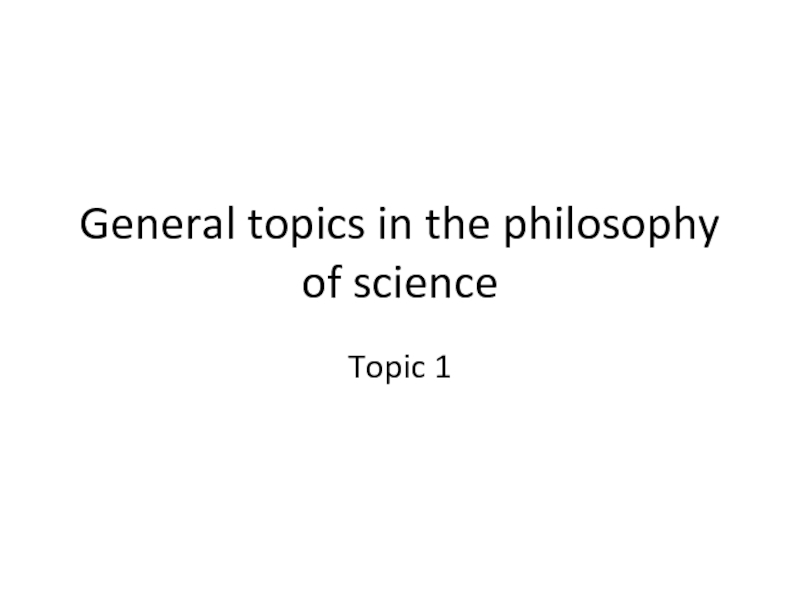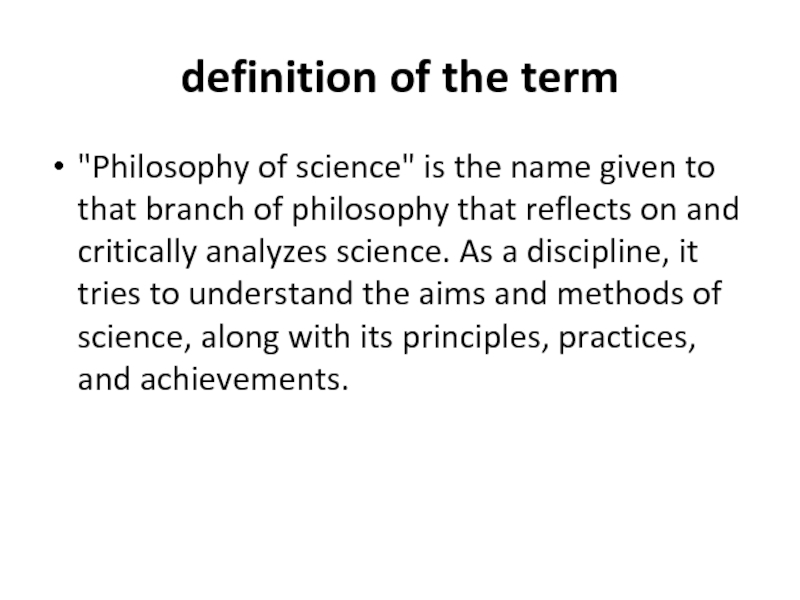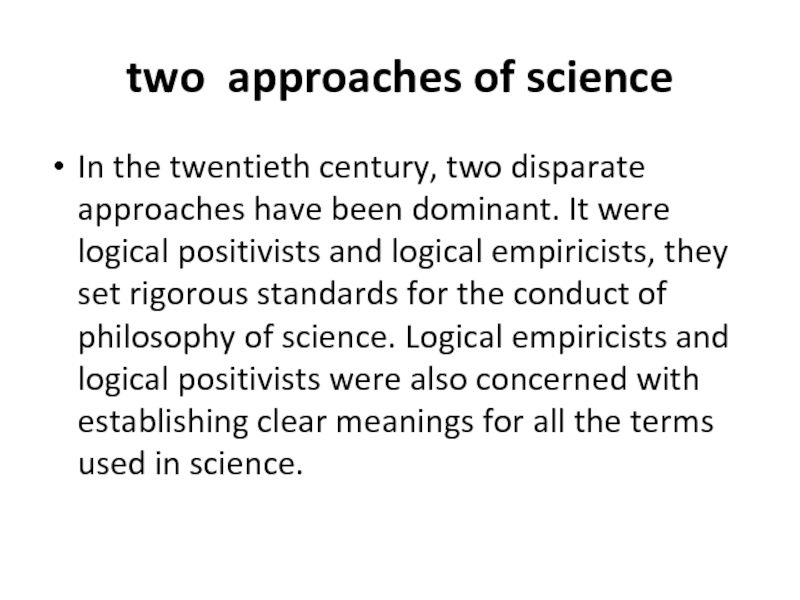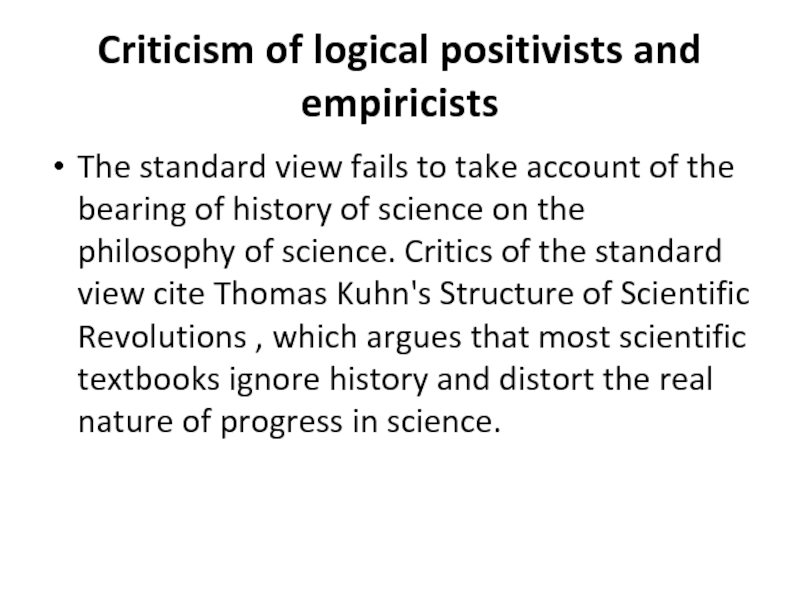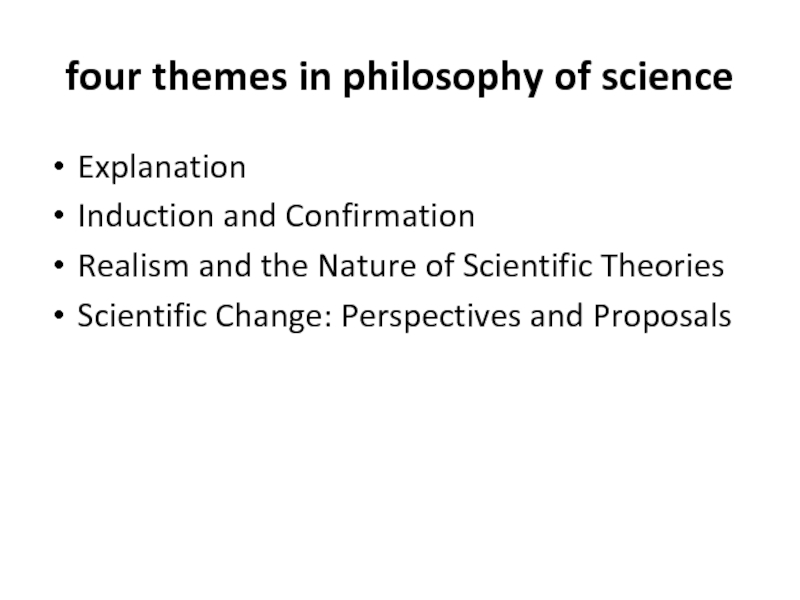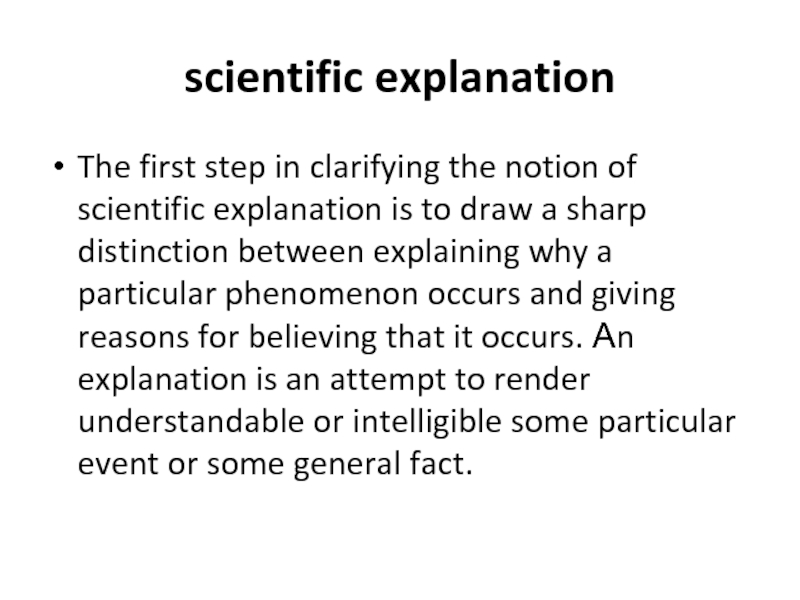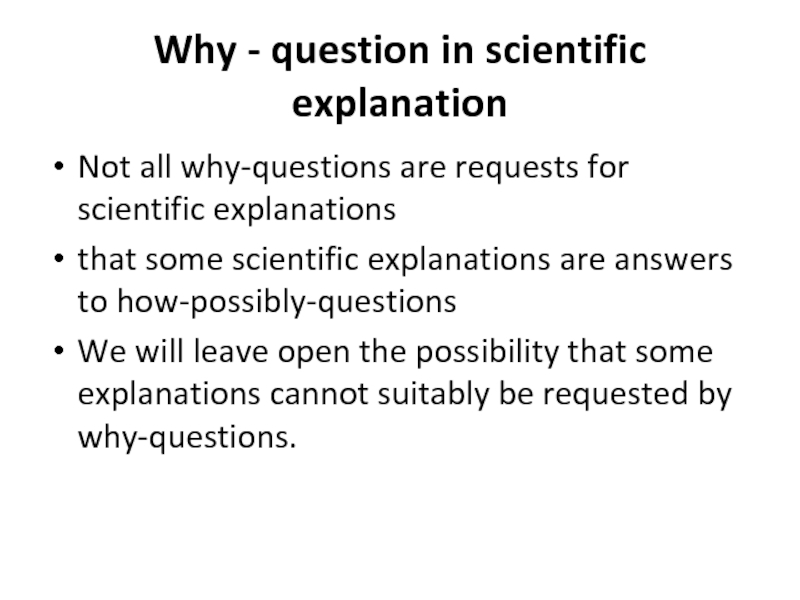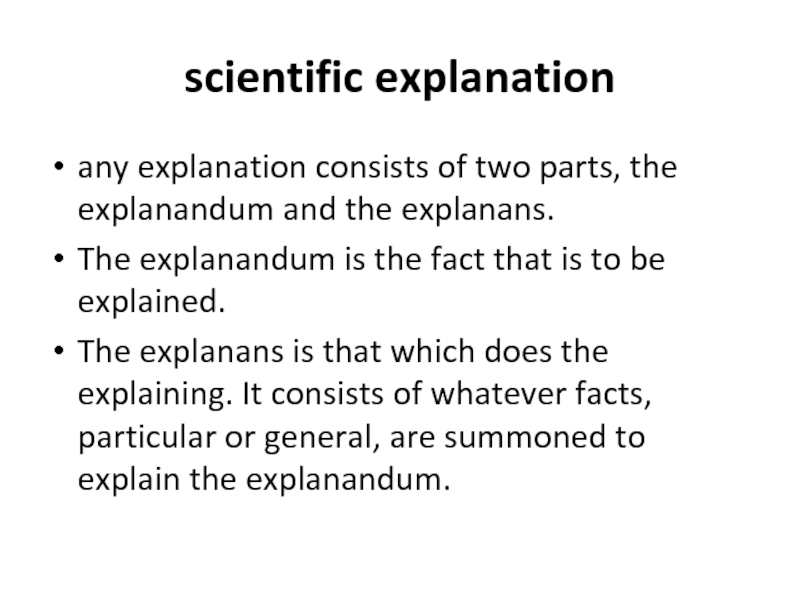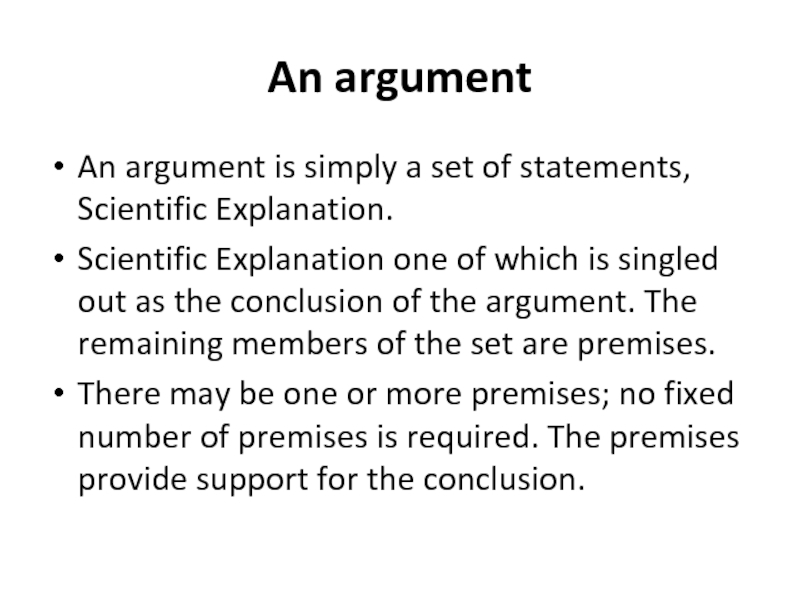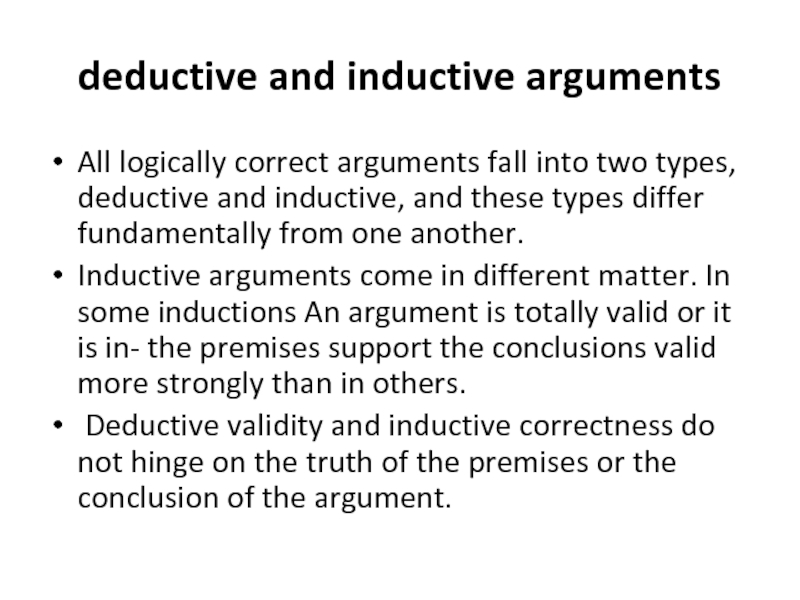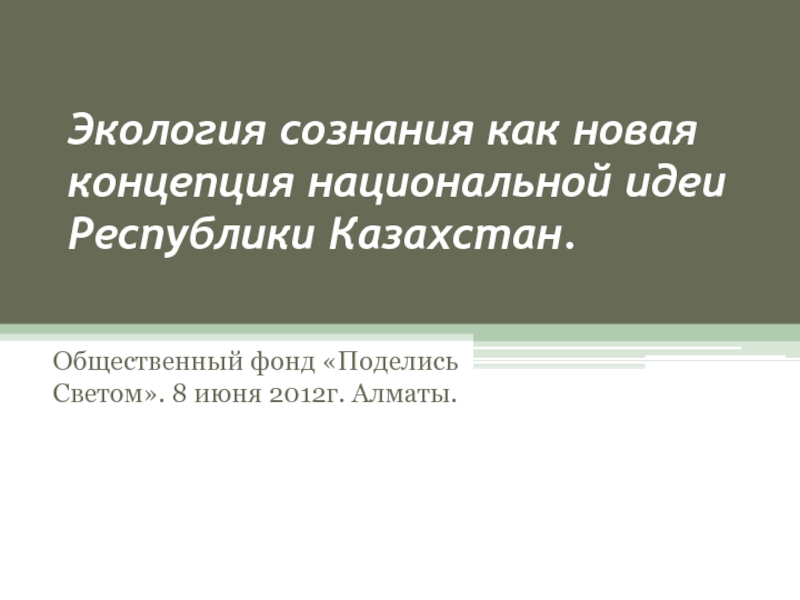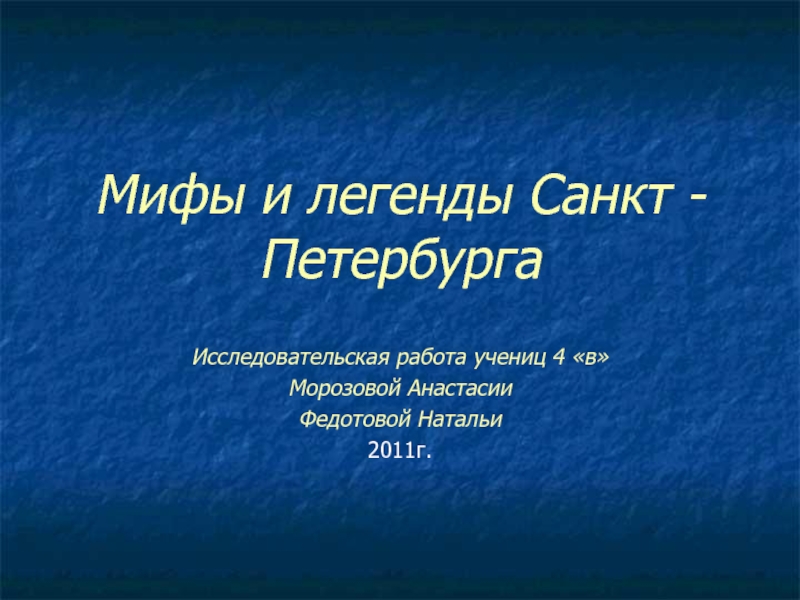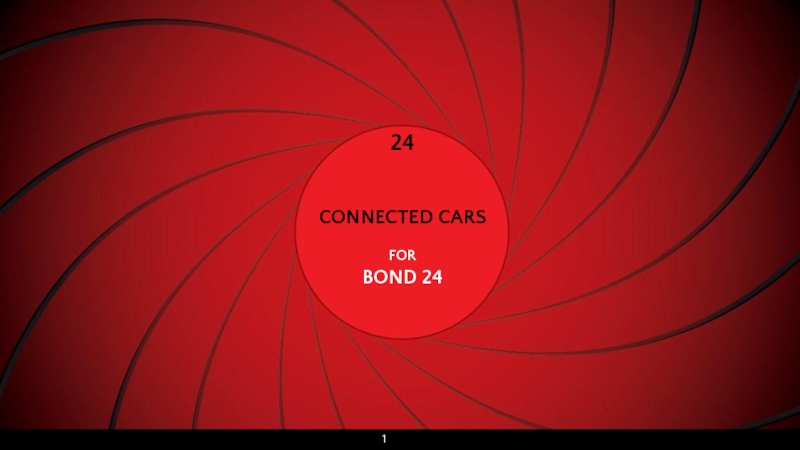- Главная
- Разное
- Дизайн
- Бизнес и предпринимательство
- Аналитика
- Образование
- Развлечения
- Красота и здоровье
- Финансы
- Государство
- Путешествия
- Спорт
- Недвижимость
- Армия
- Графика
- Культурология
- Еда и кулинария
- Лингвистика
- Английский язык
- Астрономия
- Алгебра
- Биология
- География
- Детские презентации
- Информатика
- История
- Литература
- Маркетинг
- Математика
- Медицина
- Менеджмент
- Музыка
- МХК
- Немецкий язык
- ОБЖ
- Обществознание
- Окружающий мир
- Педагогика
- Русский язык
- Технология
- Физика
- Философия
- Химия
- Шаблоны, картинки для презентаций
- Экология
- Экономика
- Юриспруденция
General topics in the philosophy of science презентация
Содержание
- 1. General topics in the philosophy of science
- 2. definition of the term "Philosophy of science"
- 3. two approaches of science In the twentieth
- 4. Criticism of logical positivists and empiricists The
- 5. four themes in philosophy of science Explanation
- 6. scientific explanation The first step in clarifying
- 7. Why - question in scientific explanation Not
- 8. scientific explanation any explanation consists of two
- 9. An argument An argument is simply
- 11. deductive and inductive arguments All logically correct
Слайд 2definition of the term
"Philosophy of science" is the name given to
that branch of philosophy that reflects on and critically analyzes science. As a discipline, it tries to understand the aims and methods of science, along with its principles, practices, and achievements.
Слайд 3two approaches of science
In the twentieth century, two disparate approaches have
been dominant. It were logical positivists and logical empiricists, they set rigorous standards for the conduct of philosophy of science. Logical empiricists and logical positivists were also concerned with establishing clear meanings for all the terms used in science.
Слайд 4Criticism of logical positivists and empiricists
The standard view fails to take
account of the bearing of history of science on the philosophy of science. Critics of the standard view cite Thomas Kuhn's Structure of Scientific Revolutions , which argues that most scientific textbooks ignore history and distort the real nature of progress in science.
Слайд 5four themes in philosophy of science
Explanation
Induction and Confirmation
Realism and the Nature
of Scientific Theories
Scientific Change: Perspectives and Proposals
Scientific Change: Perspectives and Proposals
Слайд 6scientific explanation
The first step in clarifying the notion of scientific explanation
is to draw a sharp distinction between explaining why a particular phenomenon occurs and giving reasons for believing that it occurs. Аn explanation is an attempt to render understandable or intelligible some particular event or some general fact.
Слайд 7Why - question in scientific explanation
Not all why-questions are requests for
scientific explanations
that some scientific explanations are answers to how-possibly-questions
We will leave open the possibility that some explanations cannot suitably be requested by why-questions.
that some scientific explanations are answers to how-possibly-questions
We will leave open the possibility that some explanations cannot suitably be requested by why-questions.
Слайд 8scientific explanation
any explanation consists of two parts, the explanandum and the
explanans.
The explanandum is the fact that is to be explained.
The explanans is that which does the explaining. It consists of whatever facts, particular or general, are summoned to explain the explanandum.
The explanandum is the fact that is to be explained.
The explanans is that which does the explaining. It consists of whatever facts, particular or general, are summoned to explain the explanandum.
Слайд 9An argument
An argument is simply a set of statements, Scientific
Explanation.
Scientific Explanation one of which is singled out as the conclusion of the argument. The remaining members of the set are premises.
There may be one or more premises; no fixed number of premises is required. The premises provide support for the conclusion.
Scientific Explanation one of which is singled out as the conclusion of the argument. The remaining members of the set are premises.
There may be one or more premises; no fixed number of premises is required. The premises provide support for the conclusion.
Слайд 11deductive and inductive arguments
All logically correct arguments fall into two types,
deductive and inductive, and these types differ fundamentally from one another.
Inductive arguments come in different matter. In some inductions An argument is totally valid or it is in- the premises support the conclusions valid more strongly than in others.
Deductive validity and inductive correctness do not hinge on the truth of the premises or the conclusion of the argument.
Inductive arguments come in different matter. In some inductions An argument is totally valid or it is in- the premises support the conclusions valid more strongly than in others.
Deductive validity and inductive correctness do not hinge on the truth of the premises or the conclusion of the argument.
